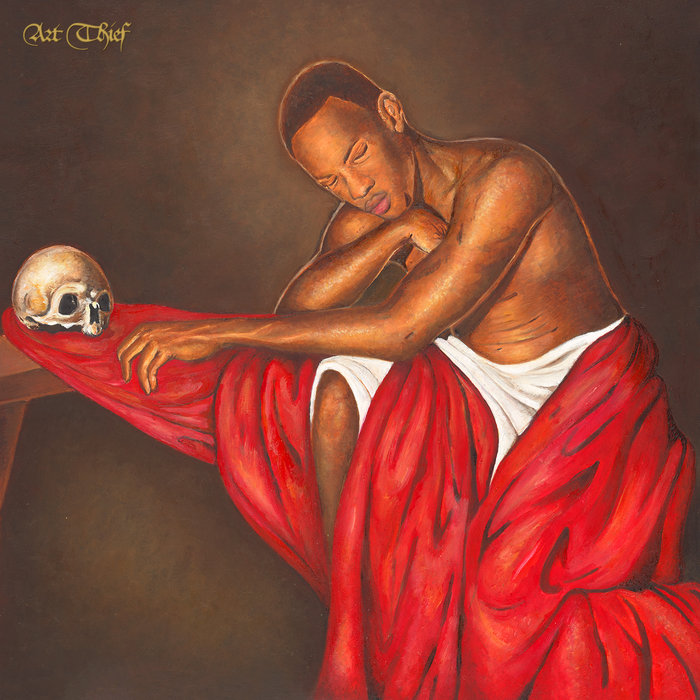
When The World Don't Like You – Renelle 893
this blog is GROOVY – check out great Soul, Funk, Jazz, Hip Hop, Bass, Breaks , Reggae, House n many more TUNES
While mainstream hip-hop basked in the spotlight, a different scene thrived in the shadows: underground hip-hop. Rooted in the raw, unfiltered energy of the Bronx’s block parties and the DIY spirit of independent labels, this movement offered a haven for artists with a voice, a message, and a disregard for commercial constraints.
The seeds of underground hip-hop were planted in the fertile soil of New York’s early hip-hop scene. DJs like Kool Herc and Grandmaster Flash pushed the boundaries of turntablism, while pioneers like Grandmaster Caz and the Furious Five brought lyrical storytelling to life. Yet, as hip-hop began its ascent into the mainstream, a different path emerged.
Independent labels like Def Jam Recordings and Sugar Hill Records emerged, providing platforms for artists like Run-DMC, The Beastie Boys, and LL Cool J. However, a distinct subgenre, often referred to as “conscious hip-hop” or “alternative hip-hop,” started to take shape. Groups like Public Enemy and Boogie Down Productions challenged the status quo, addressing social injustices and political issues with fierce lyricism and uncompromising beats.
The 1990s saw underground hip-hop flourish. Independent labels like Def Jux, Rhymesayers Entertainment, and Rawkus Records became breeding grounds for a new generation of artists who refused to be confined by industry expectations. The sound diversified, incorporating elements of jazz, funk, and even rock, creating a rich sonic tapestry.
Artists like A Tribe Called Quest, Gang Starr, and The Roots pushed the boundaries of lyrical complexity and musical experimentation. Their music resonated with a growing audience hungry for something different, something real.
The advent of the internet transformed underground hip-hop. Online platforms like Myspace, SoundCloud, and YouTube gave artists direct access to a global audience, bypassing the traditional gatekeepers of the music industry. This democratization of music distribution fueled the growth of independent labels and independent artists alike.
While the underground scene is known for its serious and often socially conscious message, there have been some funny moments along the way:
Underground hip-hop has always been a space for artistic expression, social commentary, and a healthy dose of humor. Its impact on the broader musical landscape is undeniable, proving that sometimes, the most groundbreaking music comes from the most unexpected places.

When The World Don't Like You – Renelle 893

Can I Have You For Myself? – By Storm
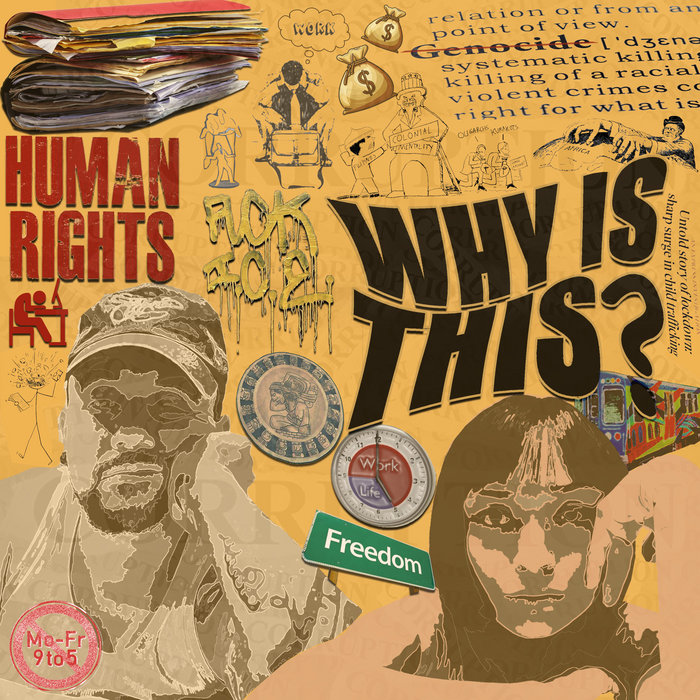
Why Is This? – Indigenous Cats
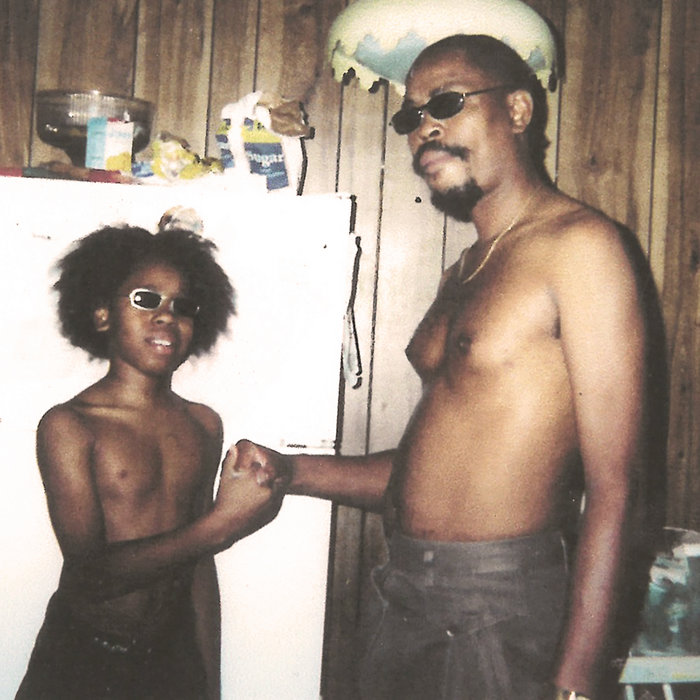
Keep The Hope – Solemn Brigham
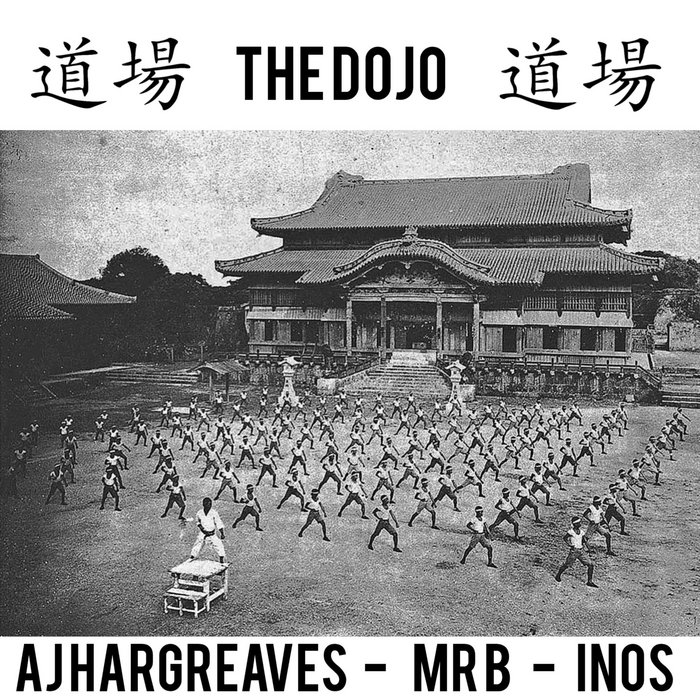
The Dojo – A.J Hargreaves , Mr B and Inos
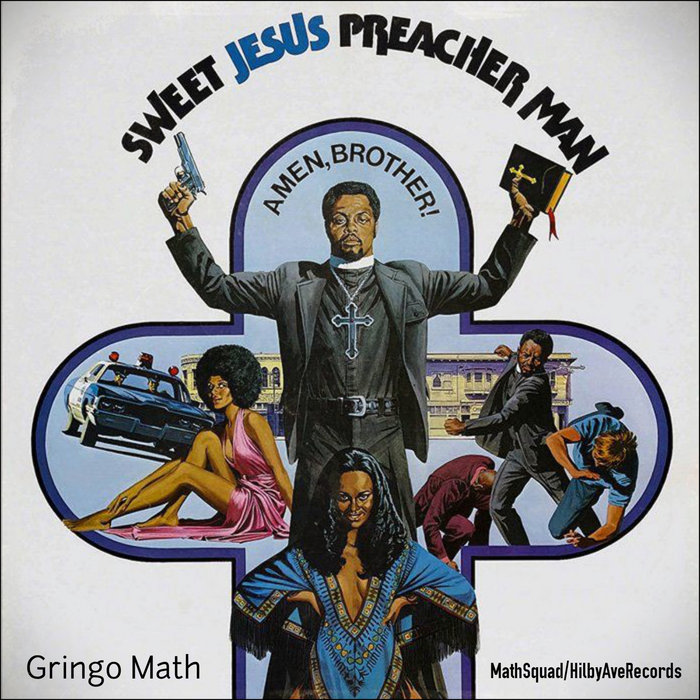
Amen, Brother – Gringo Math Of MathSquad/HilbyAveRecords
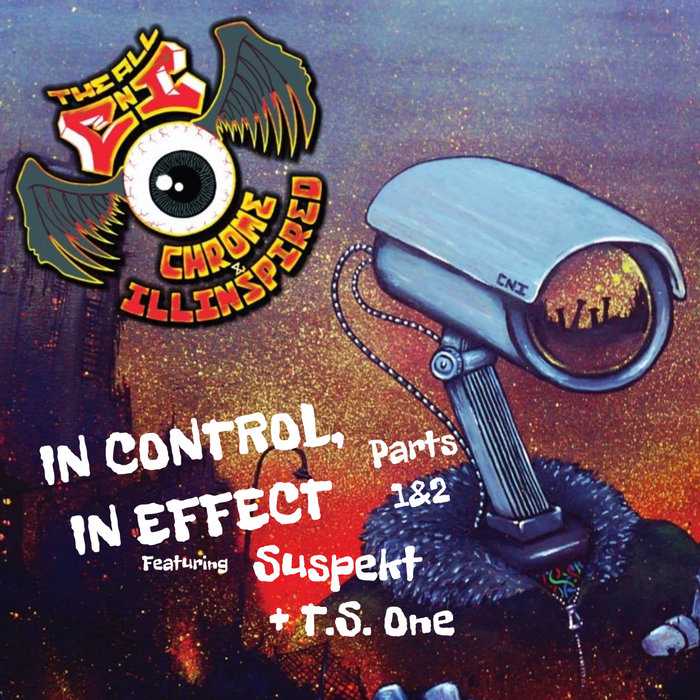
In control in effect pt.1 Ft Suspekt and T.S. One – Chrome and Illinspired

Champagne Tears – Aïda x Whiskeyman
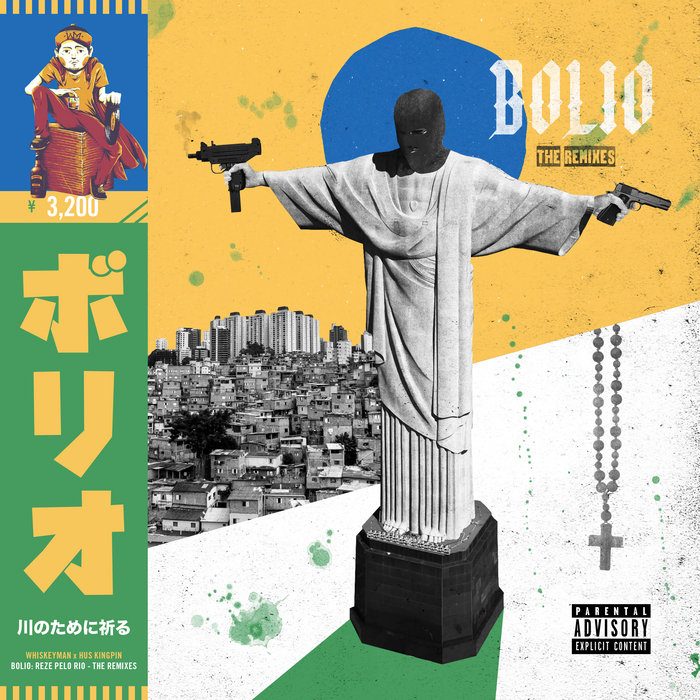
Welcome To Brasil (Whiskeyman Remix) – Hus Kingpin x Whiskeyman
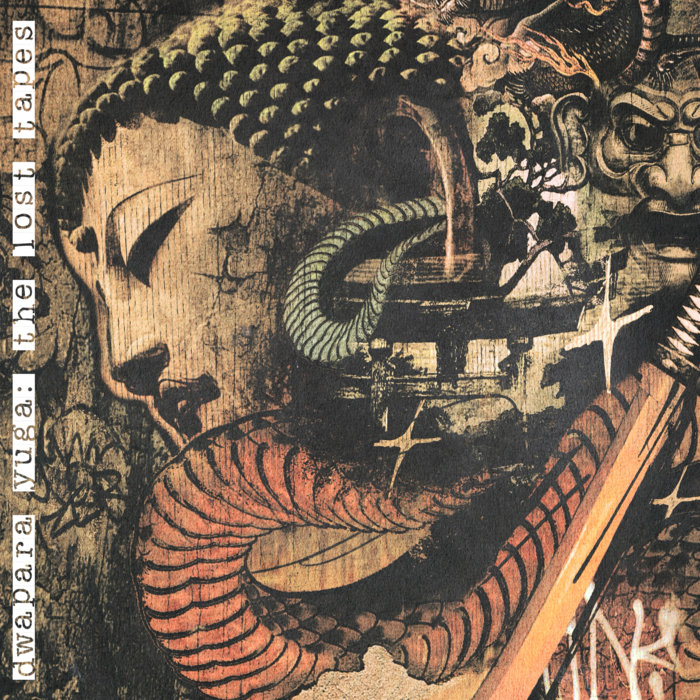
Stand Firm – Tenzoe X Anahata